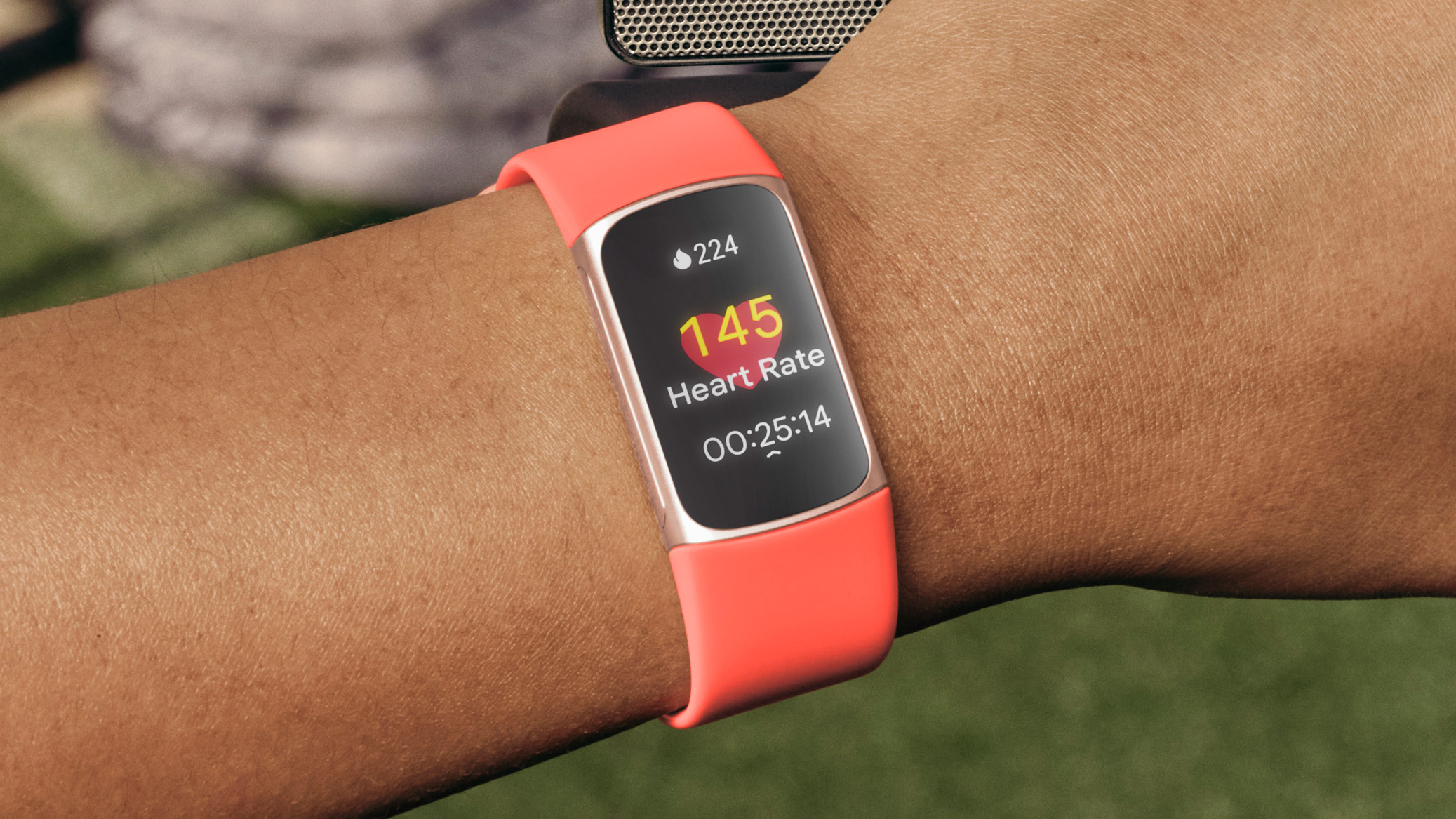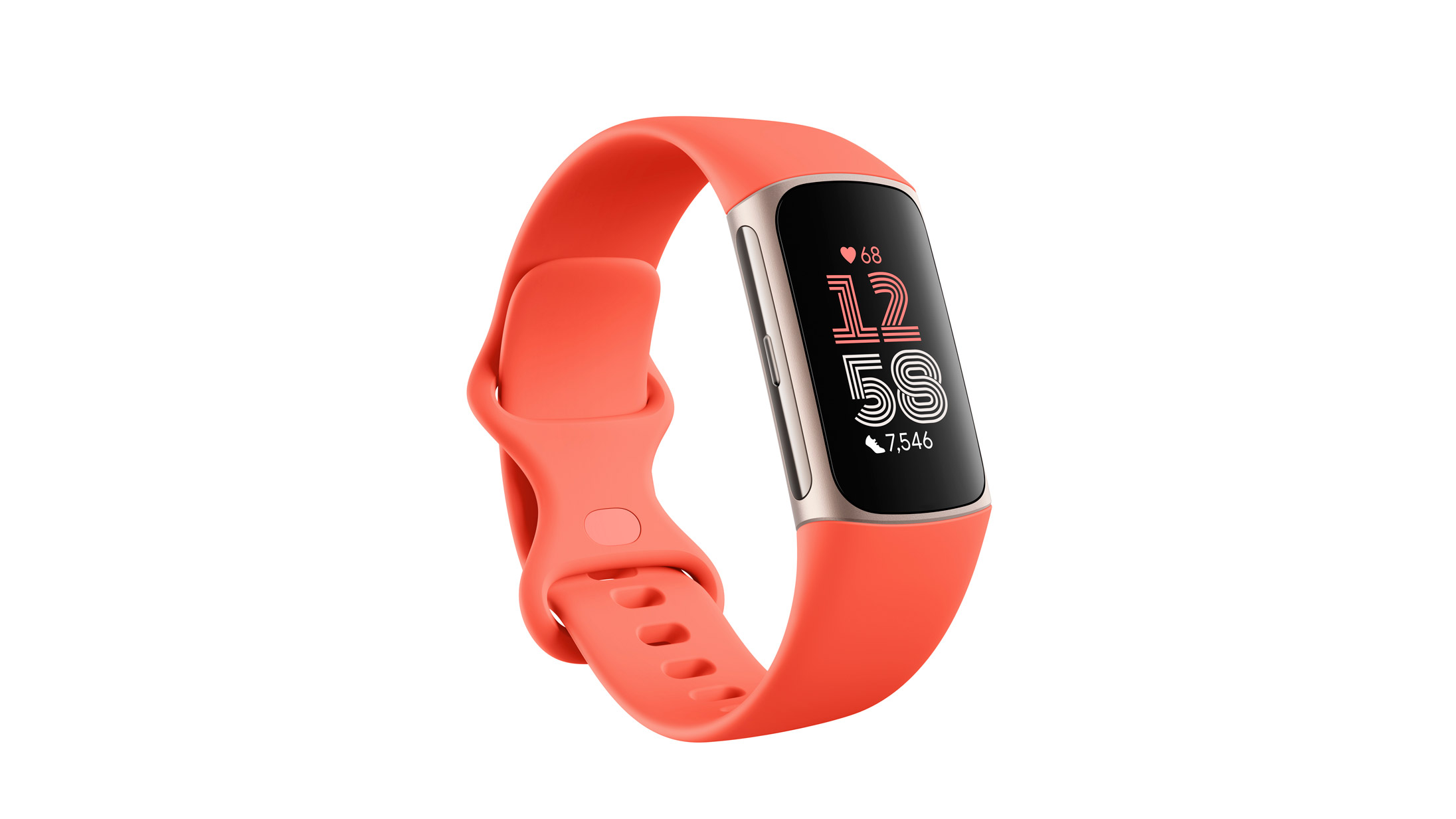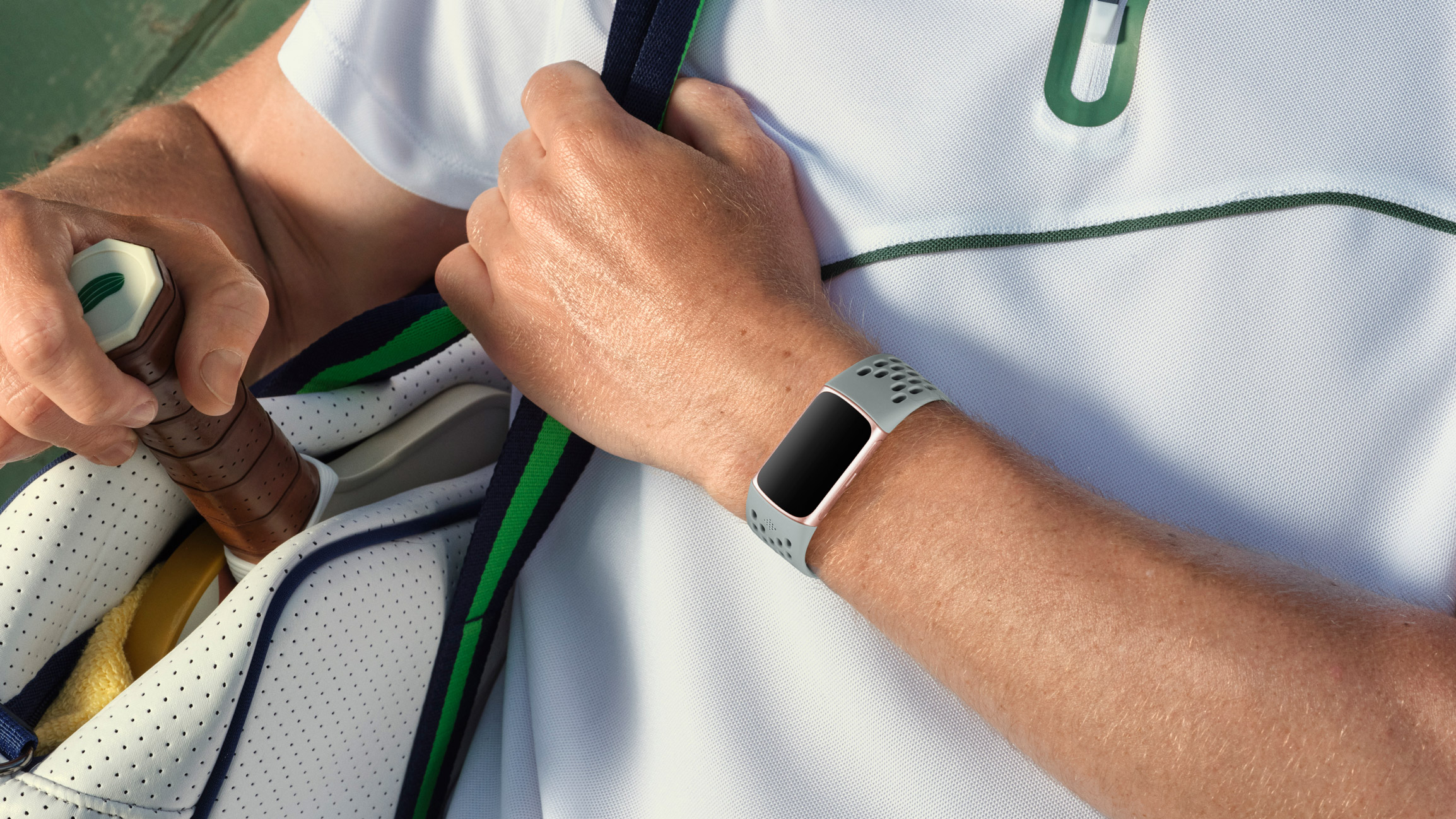Fitbit Charge 6 has arrived, and it's (almost) like a longer-lasting Pixel Watch
The all-new Fitbit Charge 6 is lighter, prettier and a bit smarter

Sign up for breaking news, reviews, opinion, top tech deals, and more.
You are now subscribed
Your newsletter sign-up was successful
Fitbit has revealed the Fitbit Charge 6, the long-rumored sixth entry in its premium fitness tracker lineup, with a selection of new features including Google Maps, YouTube Music, Google Wallet, more accurate heart rate tracking and updated exercise modes.
The Fitbit Charge 5 was consistently ranked as one of the best Fitbit models and one of the best fitness trackers overall due to its premium feel, onboard GPS, automatic workout-tracking, and wealth of data harvested.
Fitbit Charge 6 pretty much sticks to the same design ethos as its predecessor: it’s virtually the same size at just 1.2mm thicker, although it weighs 13g less, and its case is also made of aluminum and resin. It still offers 7-day battery life, onboard GPS and GLONASS (another satellite system that can enhance GPS performance), sleep tracking, smart wake, SpO2 blood oxygen tracking, and seemingly all the other features the Charge 5 offered.
However, where it does differ from its predecessor is in its heart rate monitor accuracy. Fitbit Charge 6 is said to offer “up to 60% more accurate readings during vigorous activities like HIIT, spinning and rowing” when compared to previous years’ trackers. When TechRadar asked Fitbit exactly how this improvement was achieved, we received the following statement: “Through many years of hard work and R&D, our advancements in Machine Learning and AI algorithms make Charge 6 a significant improvement in heart rate accuracy.
“We ported those innovations from the Google Pixel Watch and optimized it for a lower powered processor and operating system that Charge 6 has, and further optimized it so that in spite of the compute load, we are still able to deliver on a 7-day battery.”
So the improvement in heart rate tracking is using the same innovations as last year’s Pixel Watch, now in a smaller, slimmer casing.

Fitbit Charge 6 can also interface with exercise machines with Bluetooth Heart Rate functionality to show your heart rate on their displays. Charge 6 also gets you Fitbit’s Daily Readiness Score on your wrist, a single score with all your recovery metrics rolled into one, providing you have Fitbit Premium. As before, the Charge 6 comes with a six-month Premium subscription free, after which it costs $79.99 / £79.99 / AU$124.99 for the year or $9.99 / £7.99 / AU$15.49 per month.
Sign up for breaking news, reviews, opinion, top tech deals, and more.
Fitbit Charge 6, as mentioned briefly above, packs a suite of new Google features, also ported over from the Pixel Watch. If you use YouTube Music, you can control your playlist from the Charge 6, skipping tracks and adjusting volume, while the Charge 6 also uses Google Wallet (replacing the old Fitbit Pay system the Charge 5 had) and Google Maps. Offering turn-by-turn navigation powered by the Charge 6’s onboard GPS, Google Maps sounds like the big win here, especially for runners. No Google assistant here though, sadly.
The Fitbit Charge 6 is available for pre-order today with band colors including coral, obsidian and porcelain, including different materials and Woven and Sport styles to offer a bit more variety. The tracker costs $159.95 / AU$259.99, with UK price to be confirmed. However, we're expecting the tracker to cost around £149.99, but we'll update this article as soon as we know more.
Analysis: A much-needed update

The Fitbit Charge line was in need of a refresh, and Fitbit Charge 6 seems to have delivered. Comparatively little has changed in the design, which isn’t a bad thing - the Charge 5 was a brilliant-looking and feeling tracker, and while the forthcoming update hasn’t changed too much, it has used the Pixel Watch’s improvements to bring workout tracking up to today’s standards. However, the fact this tracker is up to 60% more accurate does sort of beg the question: how inaccurate was Fitbit before?
Elsewhere, the new Google features will please Android phone owners in general and Pixel users in particular, as they’re more likely to use Google Wallet and YouTube Music. Music controls are a first for the Charge series, which is hard to believe, but the lack of Spotify inclusion here is disappointing. The Charge 5's Fitbit Pay has been replaced with Google Wallet, and I’m very excited to get turn-by-turn navigation on a Charge with Google Maps.
It’s definitely a more ‘traditional’ Fitbit band than last year’s Sense and Versa smartwatches and feels like a more natural place for Fitbit, with the Pixel Watch line going forward as Google’s principal smartwatch. I wonder if the Charge, Fitbit Luxe and Inspire lines will stay put, and the Sense and Versa fitness watch models will be axed.
Nevertheless, with its improved Google-powered smarts, it feels like a natural choice for Pixel phone owners in the market for a smart wearable that doesn’t cost quite as much as the flagship Pixel Watch. Of course, once you factor in the rolling costs of Fitbit Premium, fitness fans may still prefer to use one of the best Garmin watches or an Apple Watch if they’re after a long-term investment.

Matt is TechRadar's expert on all things fitness, wellness and wearable tech.
A former staffer at Men's Health, he holds a Master's Degree in journalism from Cardiff and has written for brands like Runner's World, Women's Health, Men's Fitness, LiveScience and Fit&Well on everything fitness tech, exercise, nutrition and mental wellbeing.
Matt's a keen runner, ex-kickboxer, not averse to the odd yoga flow, and insists everyone should stretch every morning. When he’s not training or writing about health and fitness, he can be found reading doorstop-thick fantasy books with lots of fictional maps in them.